Ideas for an innovative car buying app, a system to protect the grid from the growing number of electric vehicles being charged, and a platform to boost cyber-protection for future generations of connected cars were all recognised by Autocar's inaugural Drivers of Change initiative.
Three winners across Retail, Technology and Digital categories have been announced, with each winner receiving a £5000 prize. Launched in partnership with automotive executive search specialists Ennis & Co., Drivers of Change seeks to find new talent for the automotive sector across three key areas.
The competition is open to entrants already working in the automotive industry and those outside the sector. Three finalists for each category were shortlisted, with an overall winner chosen by a team of judges from Autocar, Ennis & Co., and senior figures from each of the initiative’s sponsors. Each winner, as well as the six finalists, will also get expert mentoring to develop their ideas and automotive careers.
Technology winner
Smart measurement points - Tomas Costa Capezzone
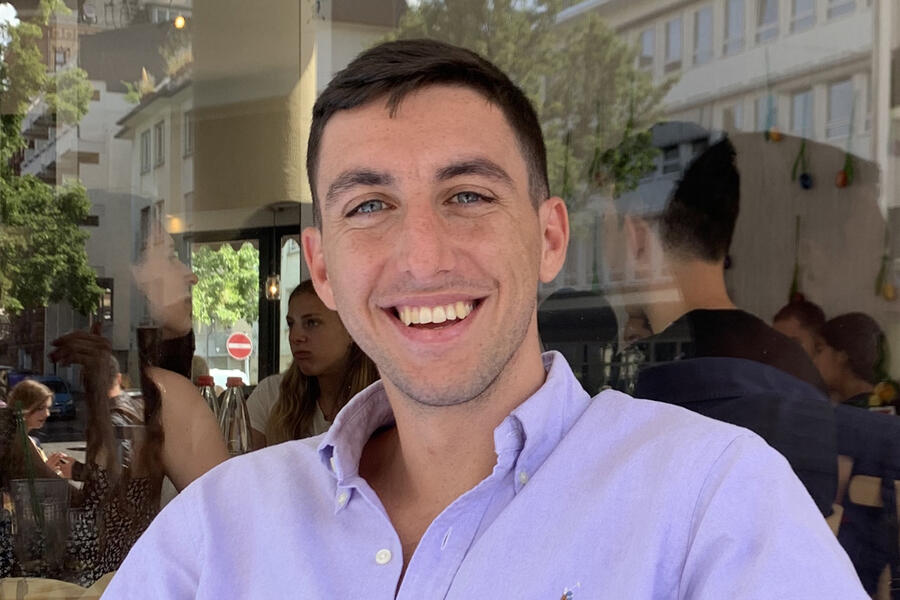
Arguably the biggest change in the car industry in recent years has been the emergence of plug-in hybrid and battery-electric vehicles. There are around 600,000 electrified cars on UK roads, about a third of which are plug-in vehicles, and that number is predicted to rise to 11 million by 2030 and 36 million by 2040. This uptake may help to reduce CO2 emissions, but it raises problems around mass EV charging.
Our Technology category winner, Tomas Costa Capezzone, has an innovative solution to increased electricity demand, which risks overload and blackouts, and harmonics, a kind of ‘electricity contamination’, comprising a distortion of the normal waveform of electric currents, caused by charging EVs and other devices.
“The harmonics produced from charging EVs in the UK are currently not significant,” he says, “but what will happen in 20 years when the number of EVs massively increases?” The harmonics could be “a real issue”. This is a problem because harmonics lower power quality, in turn causing charging problems and damaging expensive transformers and other equipment. The cost to the UK alone could be millions of pounds, Costa Capezzone says.
So what’s the solution? Costa Capezzone’s idea lies in smart cities, smart grids and his invention, Smart Measurement Points. Taking as a base a device he developed in collaboration with the University of Valladolid, which measured the harmonics produced by EVs such as Nissan’s Leaf, these would comprise a network of artificially intelligent packs, installed in homes, that would measure how an EV is charging. By communicating with each other over a 5G network, they would then correlate this with the status of the grid and automatically adjust EV charging times and other consumption to prevent overload and minimise harmonics.

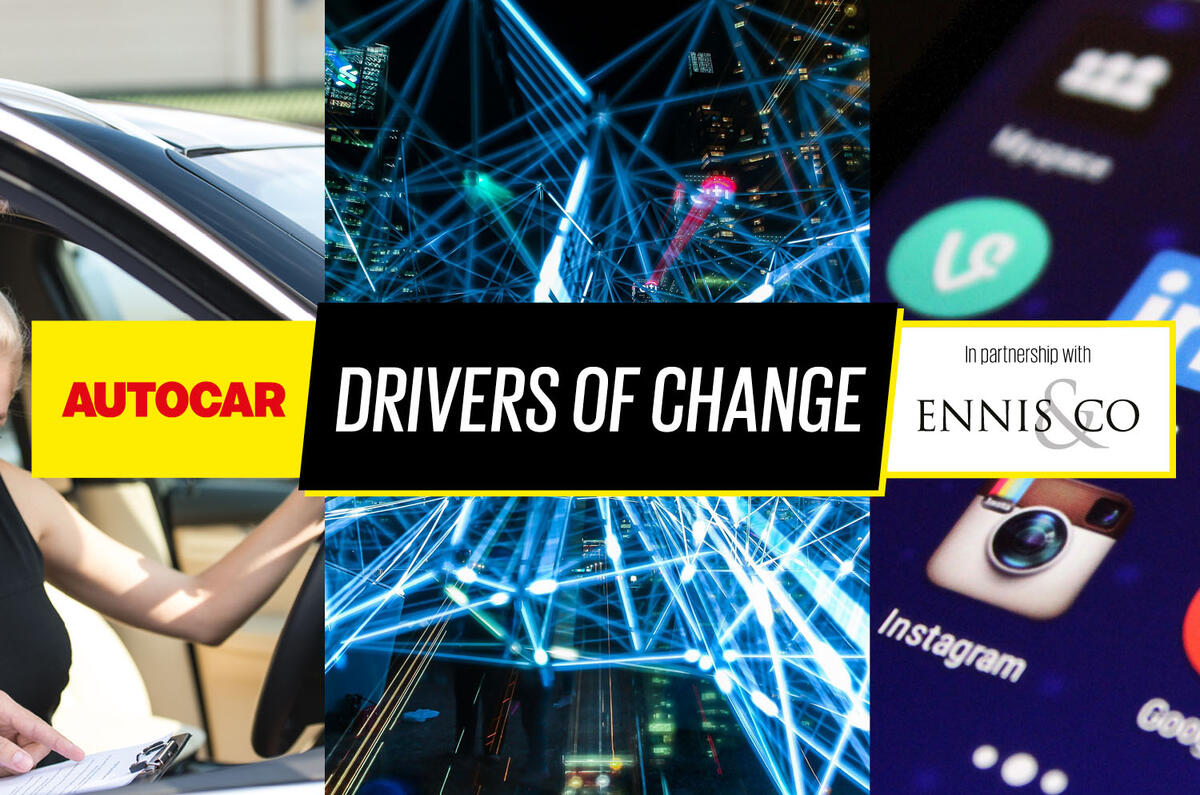
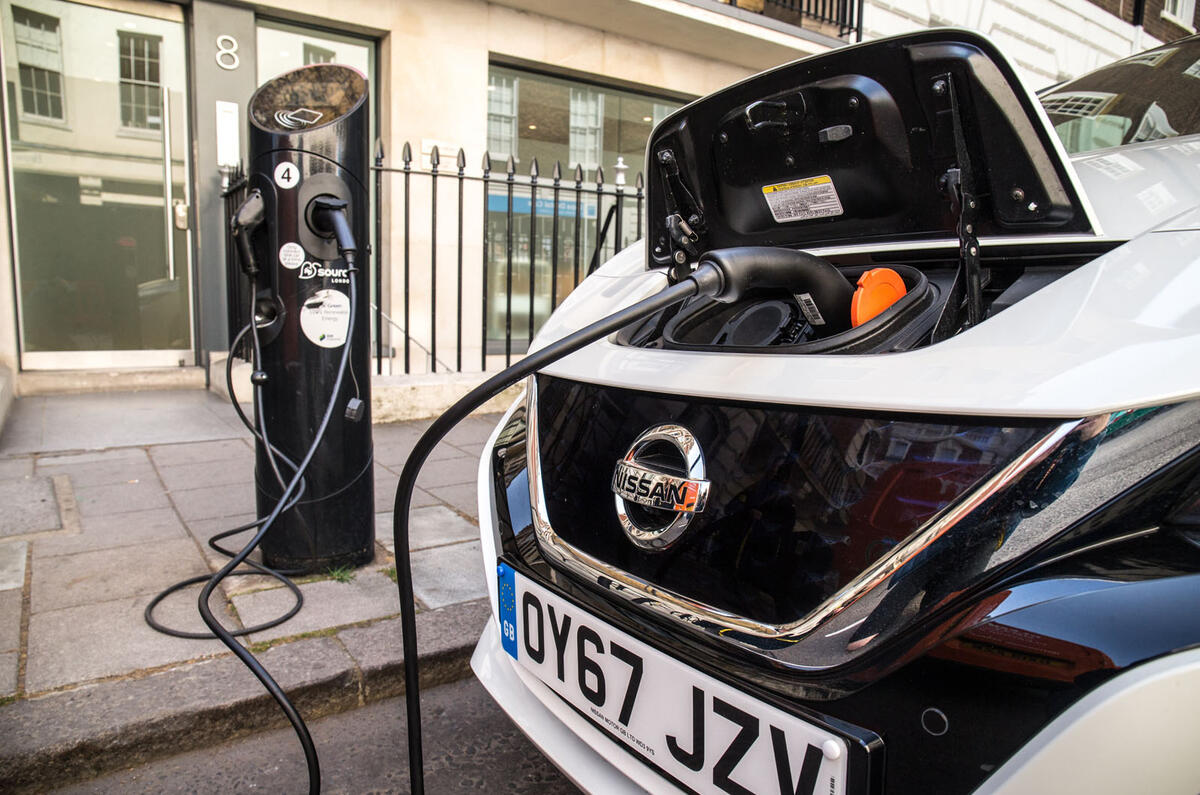










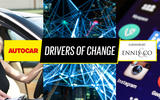
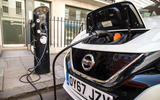
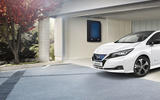
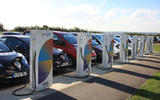









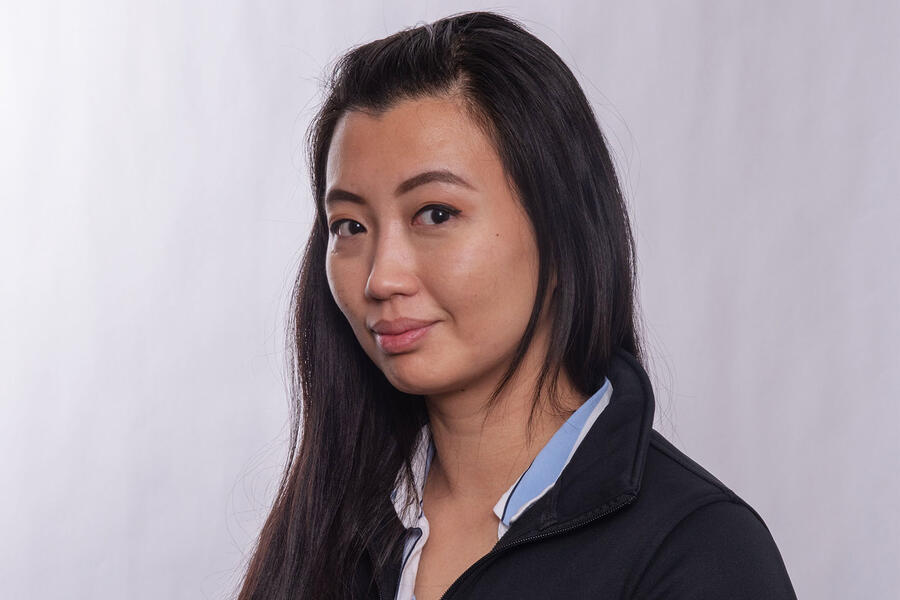


Add your comment